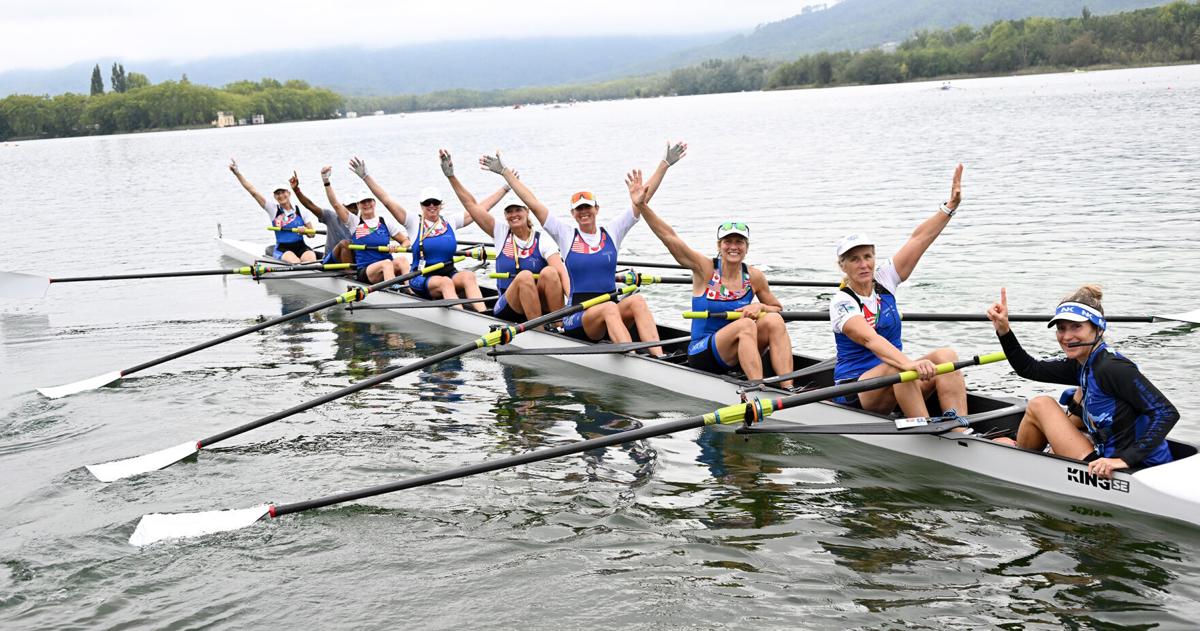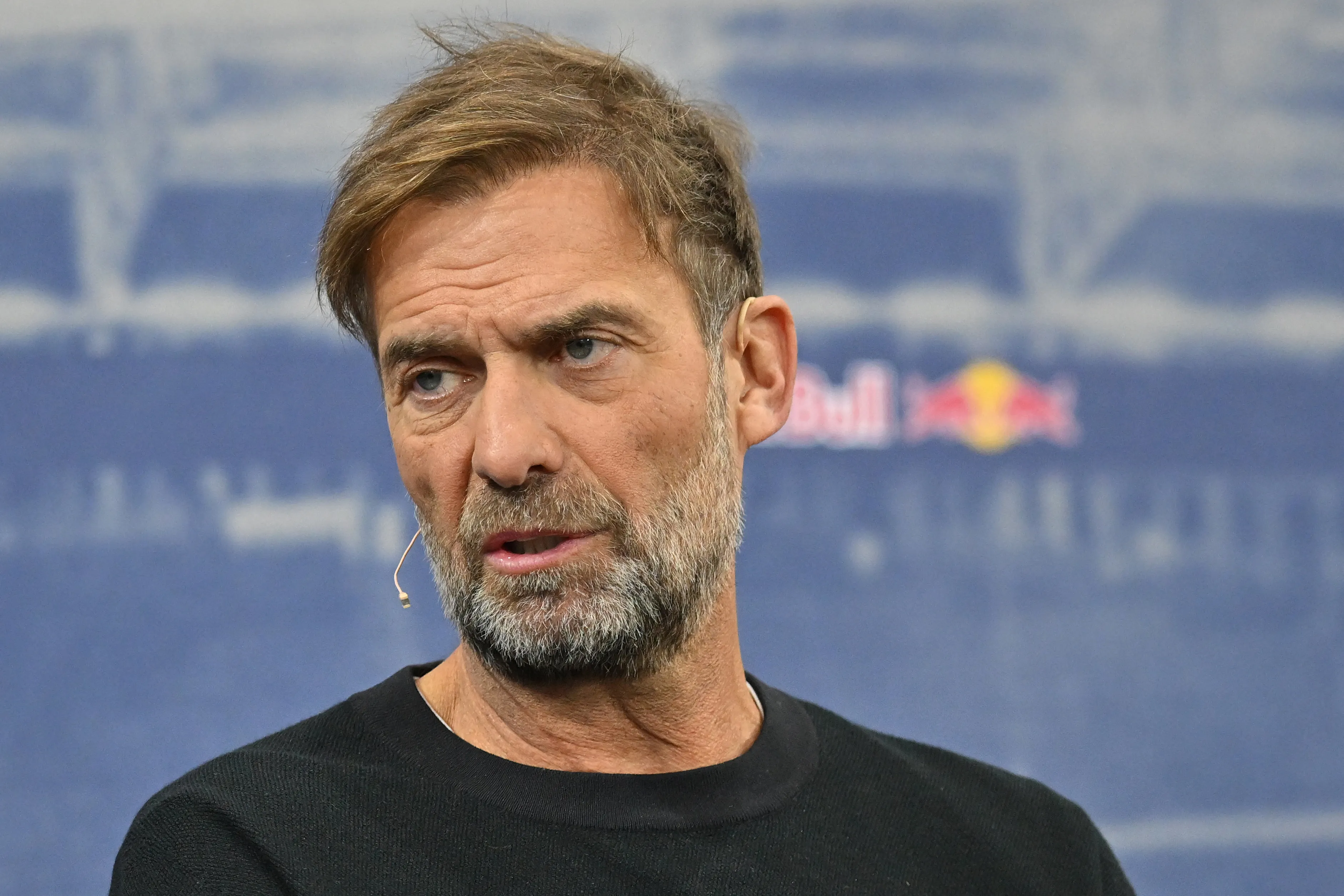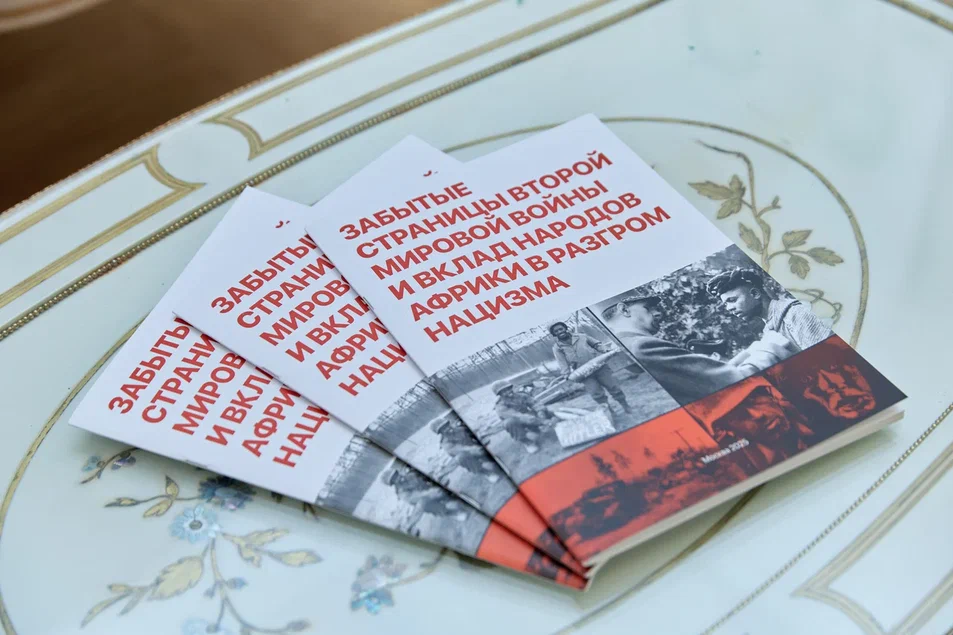Copyright Charleston Post and Courier

When Summer Landrith stepped out of her eight-person boat at the World Masters Rowing Regatta in Banyoles, Spain, last month, she could barely stand up. “I was so tired,” said the 47-year-old from Johns Island who just finished rowing 1,000 meters in 3½ minutes. “My legs were rubber.” But she and her Chinook Performance Racing teammates, who hail from all over the country, rebounded quickly to hop back in their boat and row to the podium to get pictures and accept their world champion gold medals. “In the moment, you still have the adrenaline from the race, so you’re calming your heart rate back down, and that moment is pure excitement and joy,” Landrith recalled. “But it’s not until you get back off the water and get the boat up and you’re holding that medal that it sinks in, ‘I’m a world champion!’” By the close of the five-day regatta, Landrith would have that feeling twice, winning golds in both the Women’s 8+ and Women’s 4+. And after adding three silver medals and three bronze to her collection, Summer would be a major reason the Chinook women won the overall points trophy out of 477 women’s teams and the club as a whole was second overall. “That was the highest level of competition and most intense racing I had ever experienced,” Landrith said, noting that she was far less anxious last year when she competed in her first world championship regatta in Germany. “I was more nervous this time because I knew what to expect,” she admitted. And “what to expect” was something quite different than the domination her Chinook team usually experiences in stateside regattas. “Our team is one of the best in the United States,” Landrith said of both the club and particularly her Women’s 8+ boat. “But at worlds, we were battling to the finish, winning by less than a second. It was just so much more competitive.” Racing with Chinook As one of the premiere master’s rowing teams in the country, Chinook Performance Racing is made up of just 100 male and female rowers over age 21 who must apply and be accepted to the team. Becoming a member requires a “tryout” — submitting videos and erg times (the time it takes a rower to complete a set distance on a rowing machine) plus attending a “selection” training camp. Those who make the squad have to commit to an involved training plan they do on their own plus attend three training camps throughout the year. Rowing with Chinook has given Landrith a chance to train with the best in the country and compete at an elite level. Since joining the club program in 2023, she has won multiple national titles, three golds in 2024 at the famed Chattanooga regatta, Head of the Hooch, plus a gold medal in a Women’s 4x at 2024 Worlds in Germany, not to mention her most recent bling from 2025 Worlds. You would never believe it, but Landrith didn’t even learn to row until after college. At nearly 6 feet tall, she is built for the sport that requires massive power alongside balance, technique and speed. “It is such a technical sport,” she said. Rowing interest sparked in Charleston Summer’s interest in rowing began at the College of Charleston when she met her future husband, Travis Landrith, a member of the Cougars’ rowing team. After the two graduated, they moved to her hometown of Atlanta in 1999 to look for jobs. She started a master’s degree at Georgia State University to get a teaching certificate and decided to try the rowing team since it was a club sport and open to anyone. So she took a Learn To Row class at the Atlanta Rowing Club and joined the college team. Since Summer was getting up at 4:30 a.m. for the 5 a.m. practices, Travis decided to go with her and become a volunteer coach. In her first year rowing, her Women’s 4+ Novice boat dominated every race. “It was just magic,” she said. After that, she was hooked. She rowed with Georgia State during the spring and fall seasons, and she and Travis would often race “unaffiliated” in a mixed double boat. In 2004, the young couple moved back to Charleston where Summer started teaching and Travis got his construction business, Tidal Pools, up and running. They stayed involved in rowing — Travis became head coach of CofC’s rowing team, a role he still holds at The College, and Summer co-founded the Charleston Community Rowing Club, where she taught Learn To Row camps for adults. Then “life happened,” and raising two boys and starting their careers became a bigger priority, making it harder to stay in competitive rowing. But as their boys Preston and Everett grew up, Summer began looking to get back into competitive racing and for an elite team to join. She found Chinook in 2023. “It’s great for me,” she said, praising the level of athletes as well as the style of coaching. “I love the longevity of such a competitive sport.” One of the more remarkable aspects of Chinook’s success is that the members rarely practice together outside of their three training camps each year. So it can be challenging figuring out placement in the boat, not to mention rhythm and timing while racing. Adding to the challenge, Chinook is often competing against other “hometown club” teams, where rowers train multiple times a week with their “crew.” “If you haven’t been in a particular seat before, it can be tough,” Summer noted. Shifting to fall rowing season Now that the high from their victory at Worlds is beginning to wane just a little, Summer and her teammates are shifting gears to the fall rowing season. World Championships is the culminating regatta of the spring/summer season that features 1,000-meter races, which Summer compares to an 800-meter race in track. There’s no real race strategy other than to “go as hard as you can.” “Sprints are definitely more exciting and stressful as you have boats on either side of you in the lanes next to you and you can hear their coxes yelling while your coxswain is yelling at you,” she said. “It requires a lot of focus to keep your head in the boat. There’s no time to settle. It’s pretty much all out to the end.” But the fall regattas are 5,000-meter head races and are more comparable to cross country running — a speedy start followed by a fast but steady pace and then a grueling sprint finish. “Head race season is much more of a mental game,” she noted, as races last 16 to 20 minutes, depending on the course. “So you have to have a solid race plan and trust your crew and settle into the long, technical ‘middle’ part of the race. It can be tough not knowing how you’ll finish so trying to stay clean and maintain power for the full race requires a lot of focus.” Summer and her Women’s 8+ world champion crew competed last Saturday in Boston’s “Head of the Charles,” the nation’s most prestigious 3-mile rowing race. The winding course with tight turns along the Charles River attracts more than 11,000 athletes and 200,000-plus spectators every October. Rowing on the Charles River through downtown Boston in the fall is by far Summer’s favorite rowing venue. Boats have to qualify to race Head of the Charles, and this was Summer’s fourth year in the race as a master’s rower. And although the longer head races require a very different race strategy from the 1,000-meter sprints, Summer and her teammates carried the same goals as they took into Spain — to win. They are world champions, after all. “There is nothing like racing down the Charles through the spectator-filled bridges during fall foliage, knowing the pressure and prestige of this race,” she said, adding the only thing better would be placing in the top three. “My biggest bucket list item is to win a Head of the Charles medal.”



